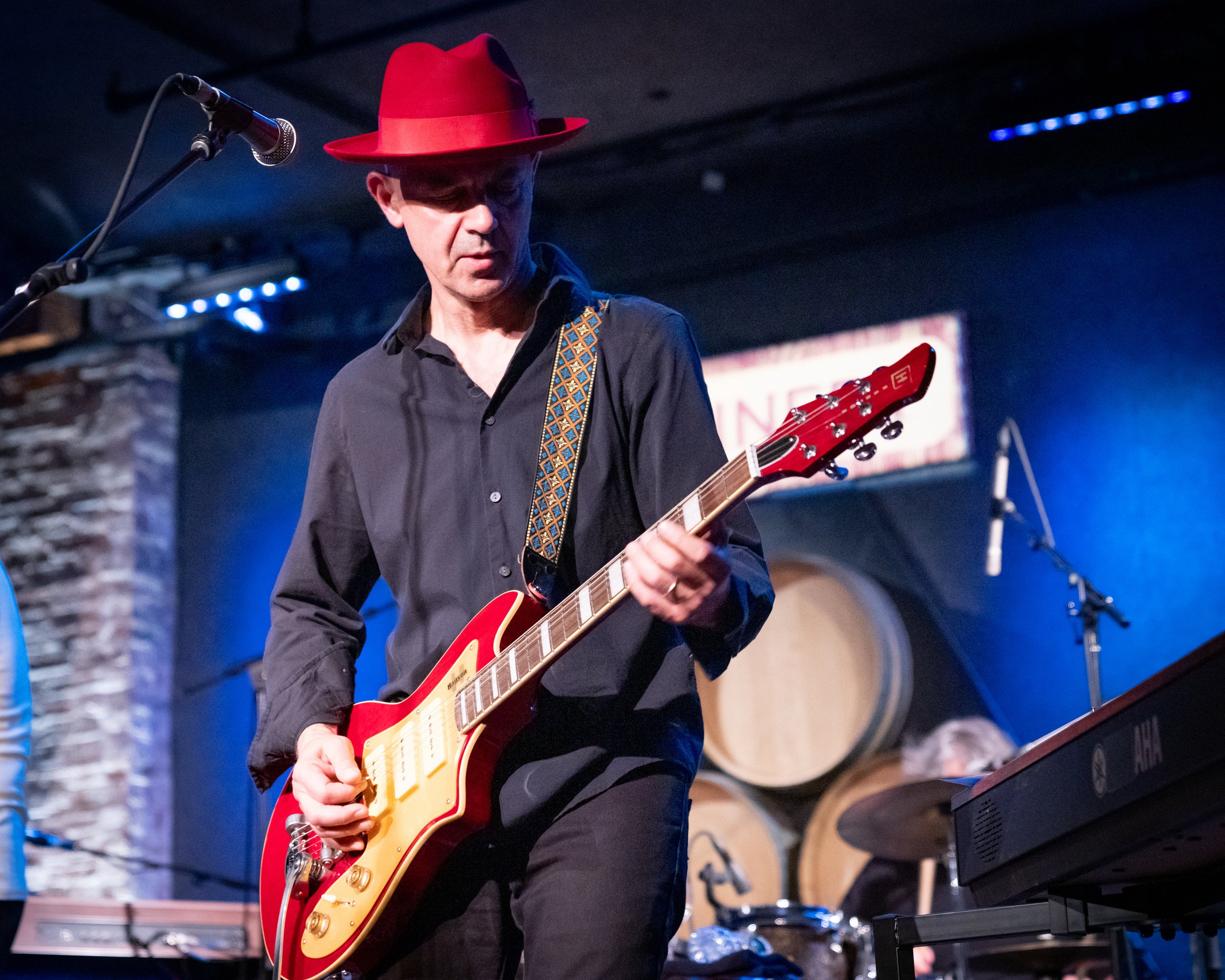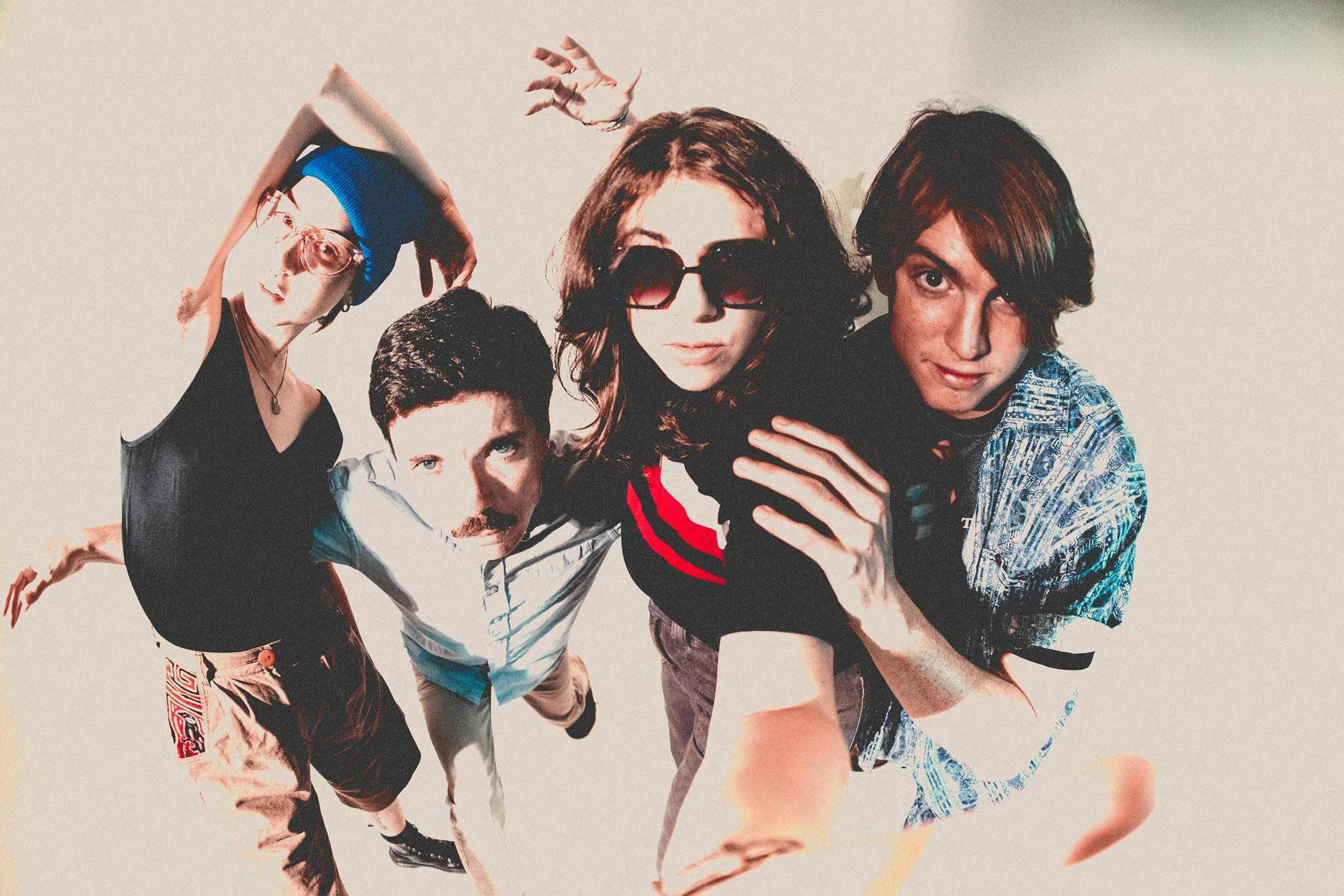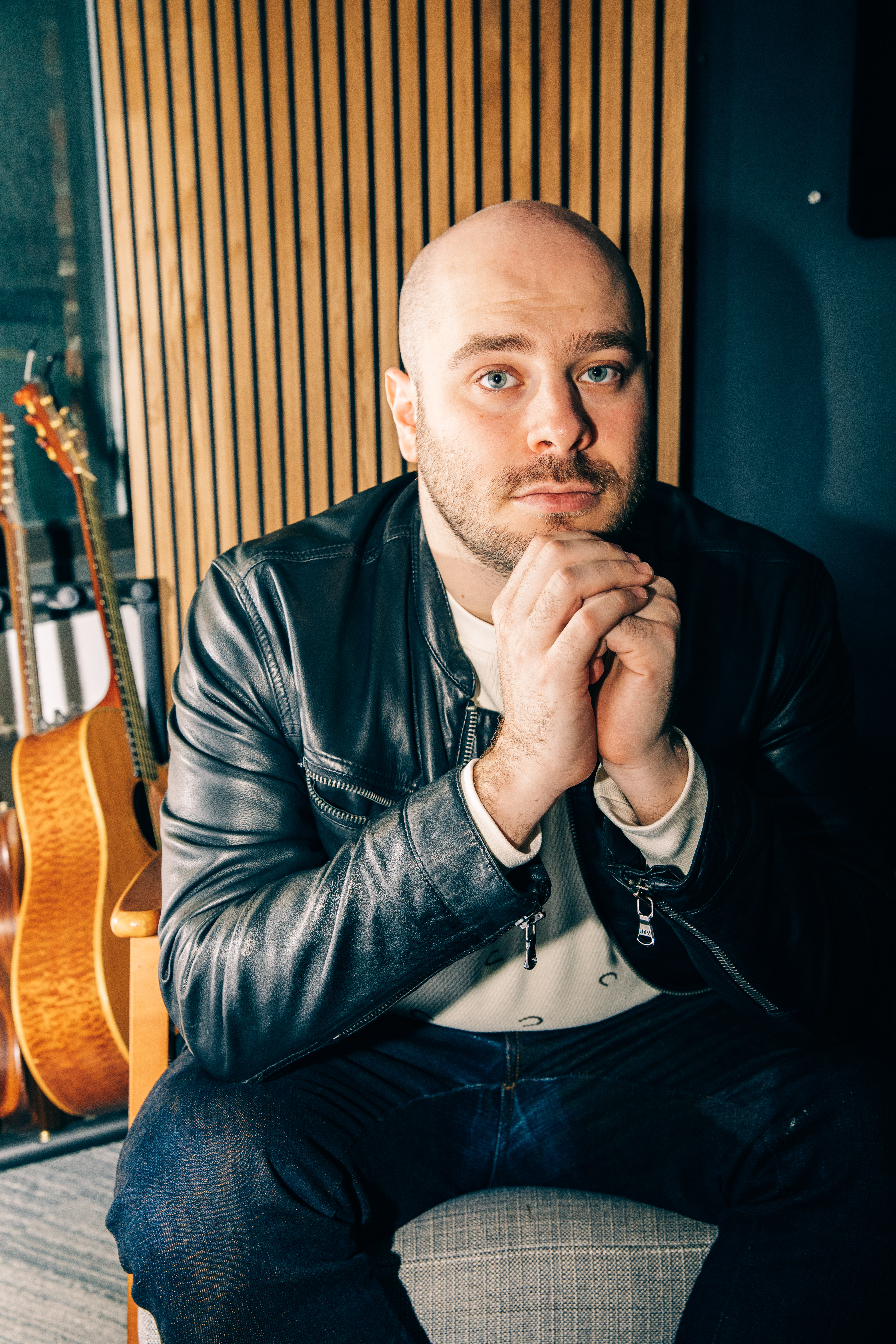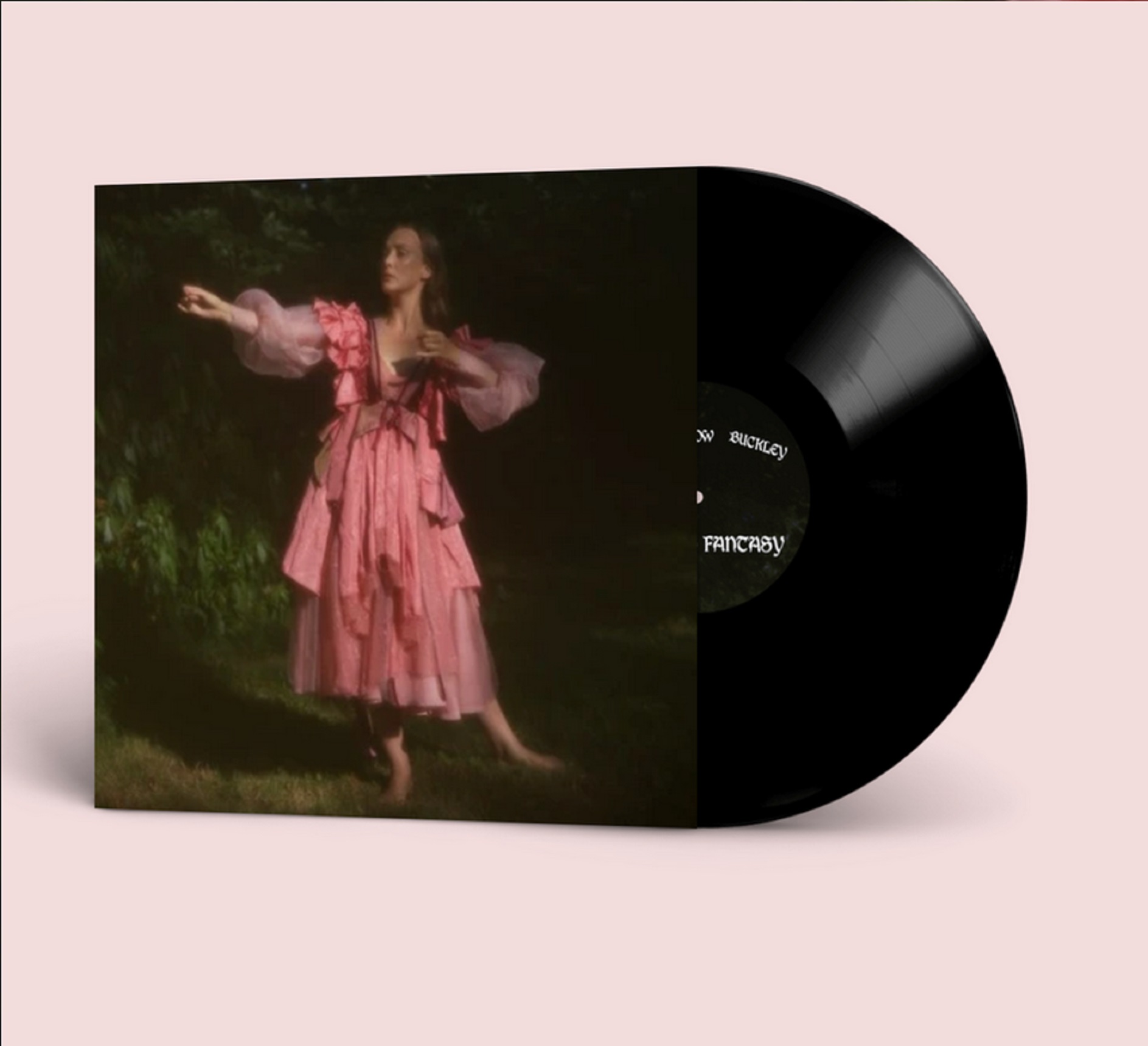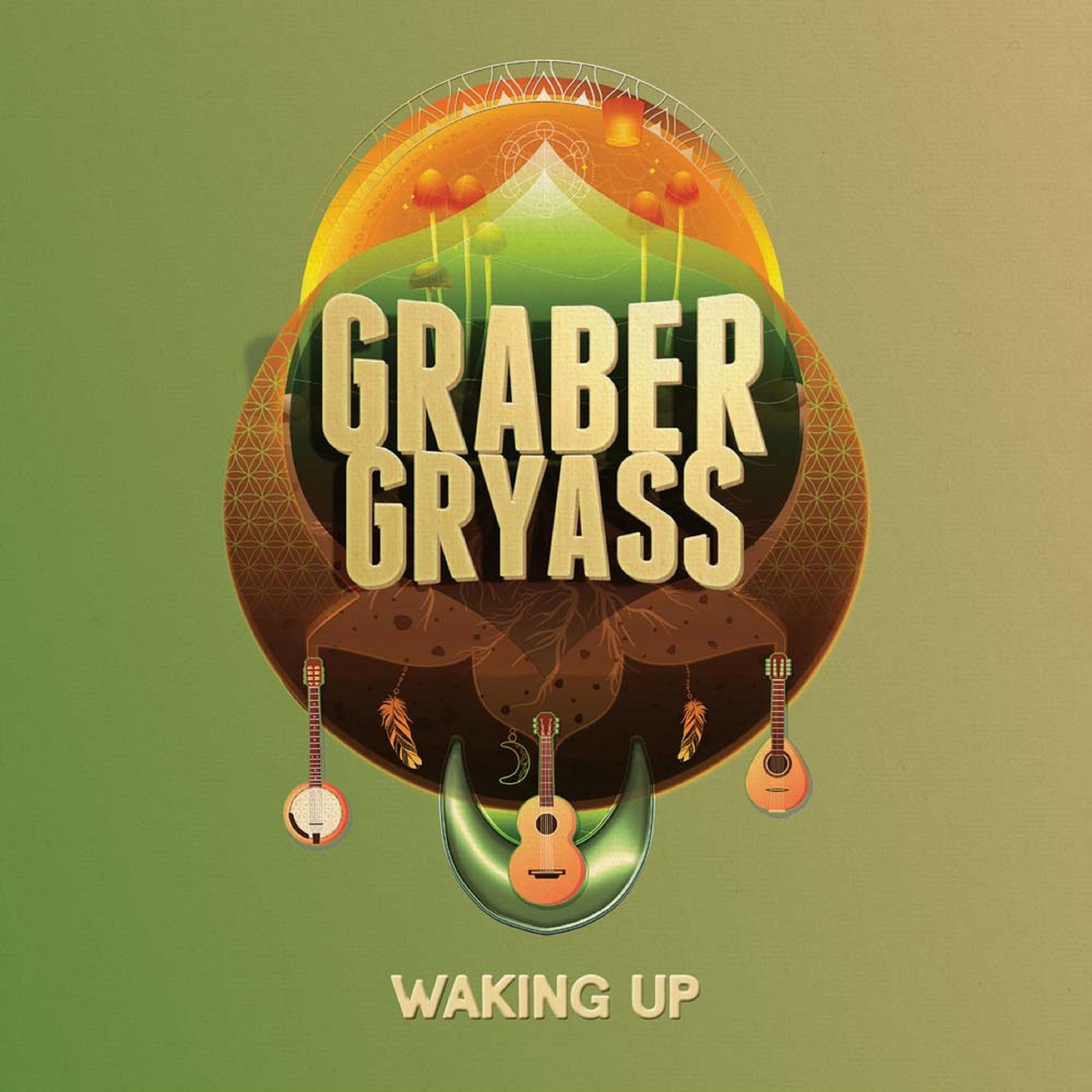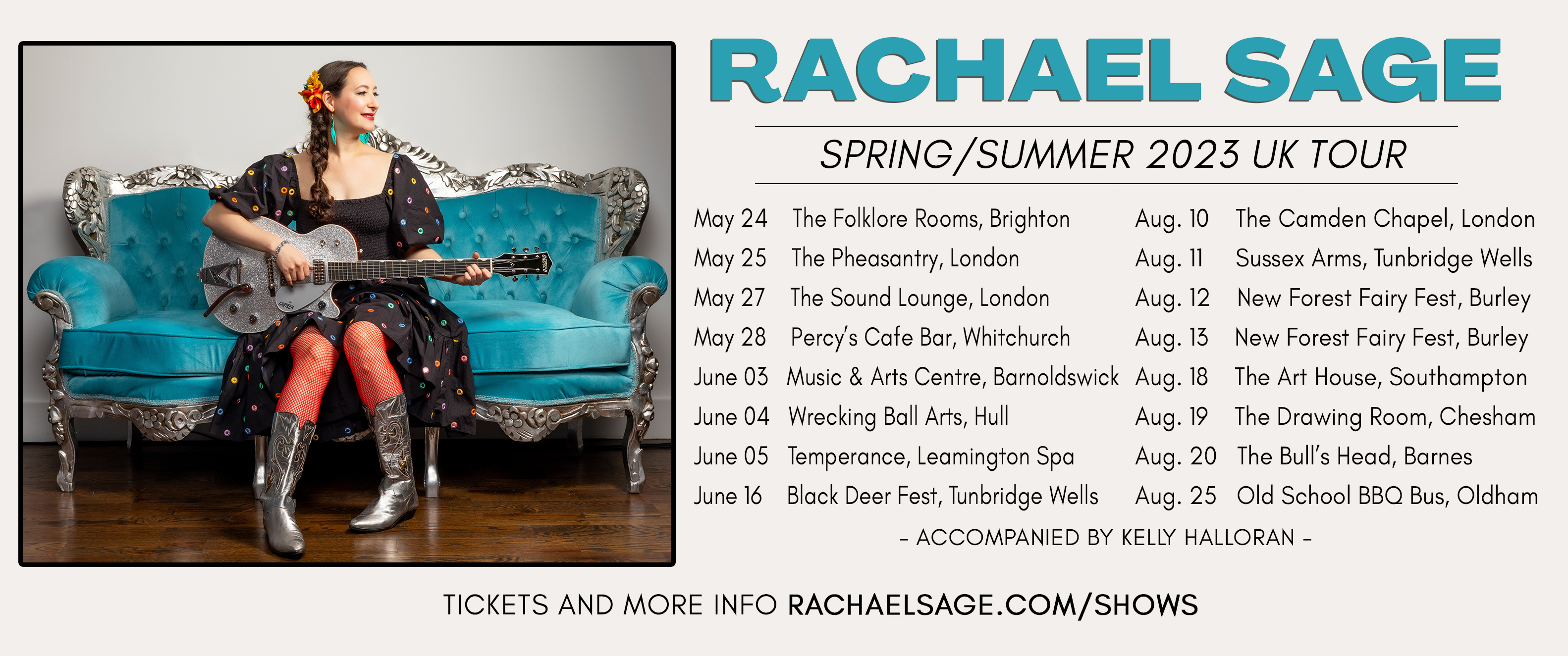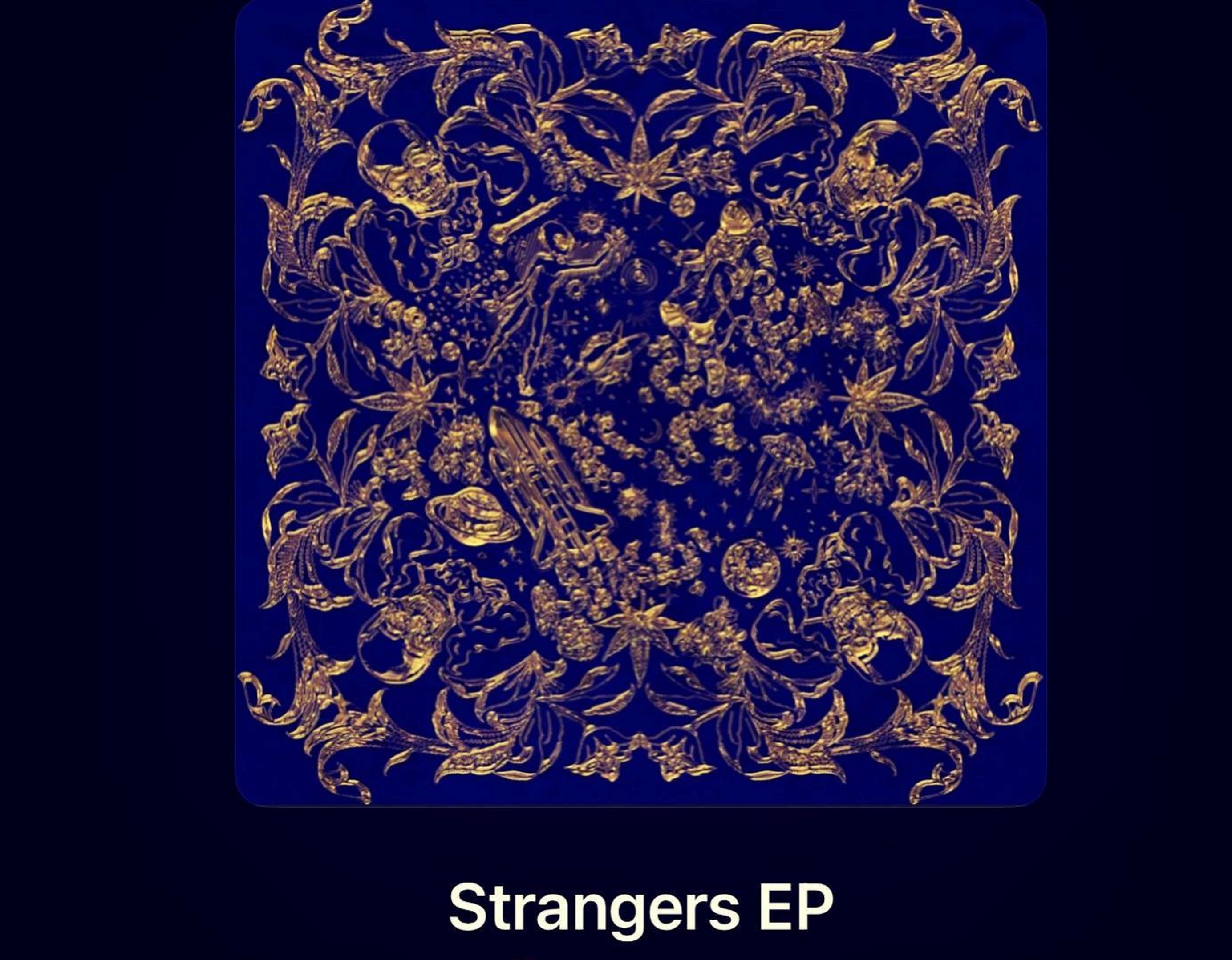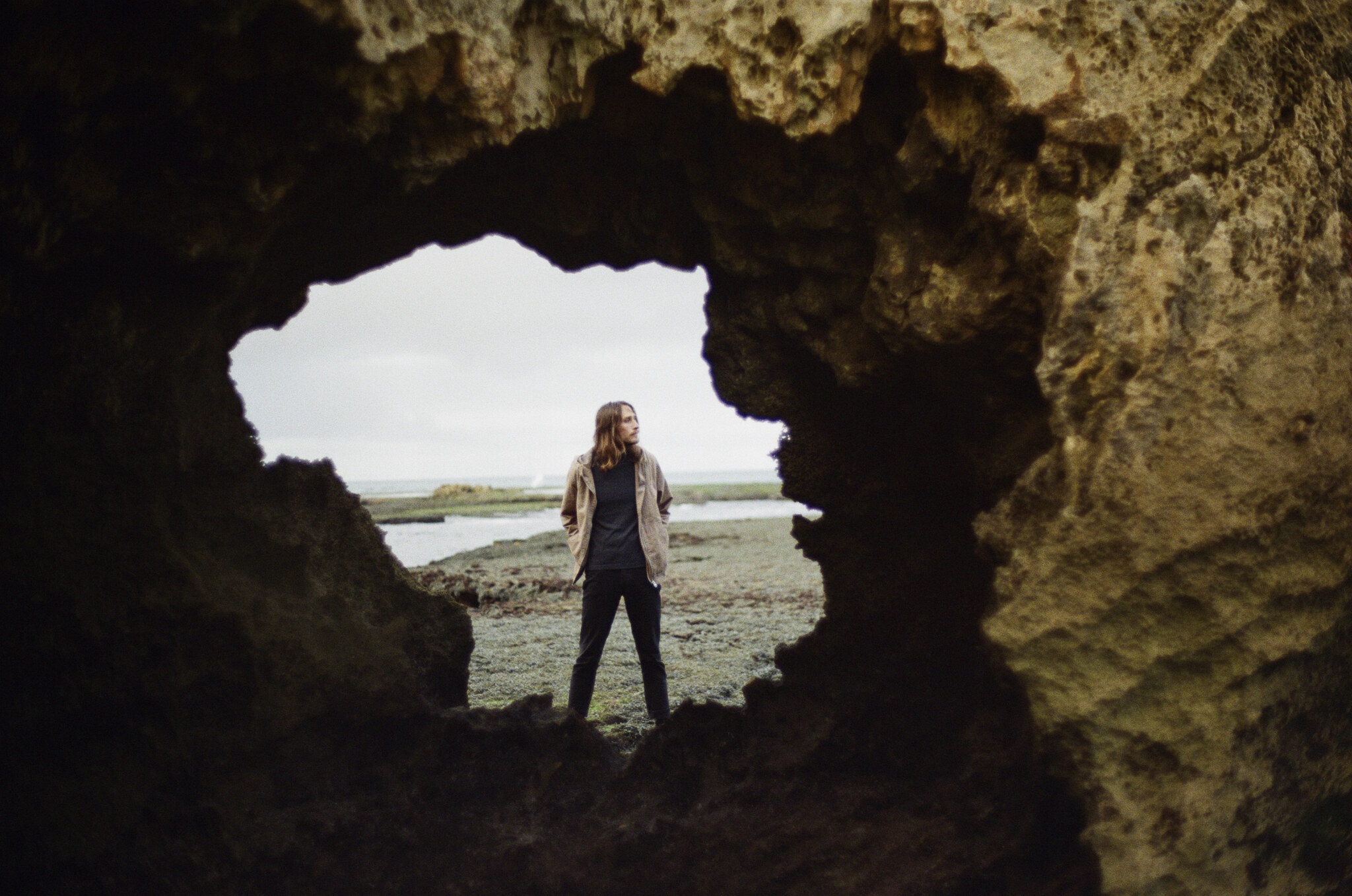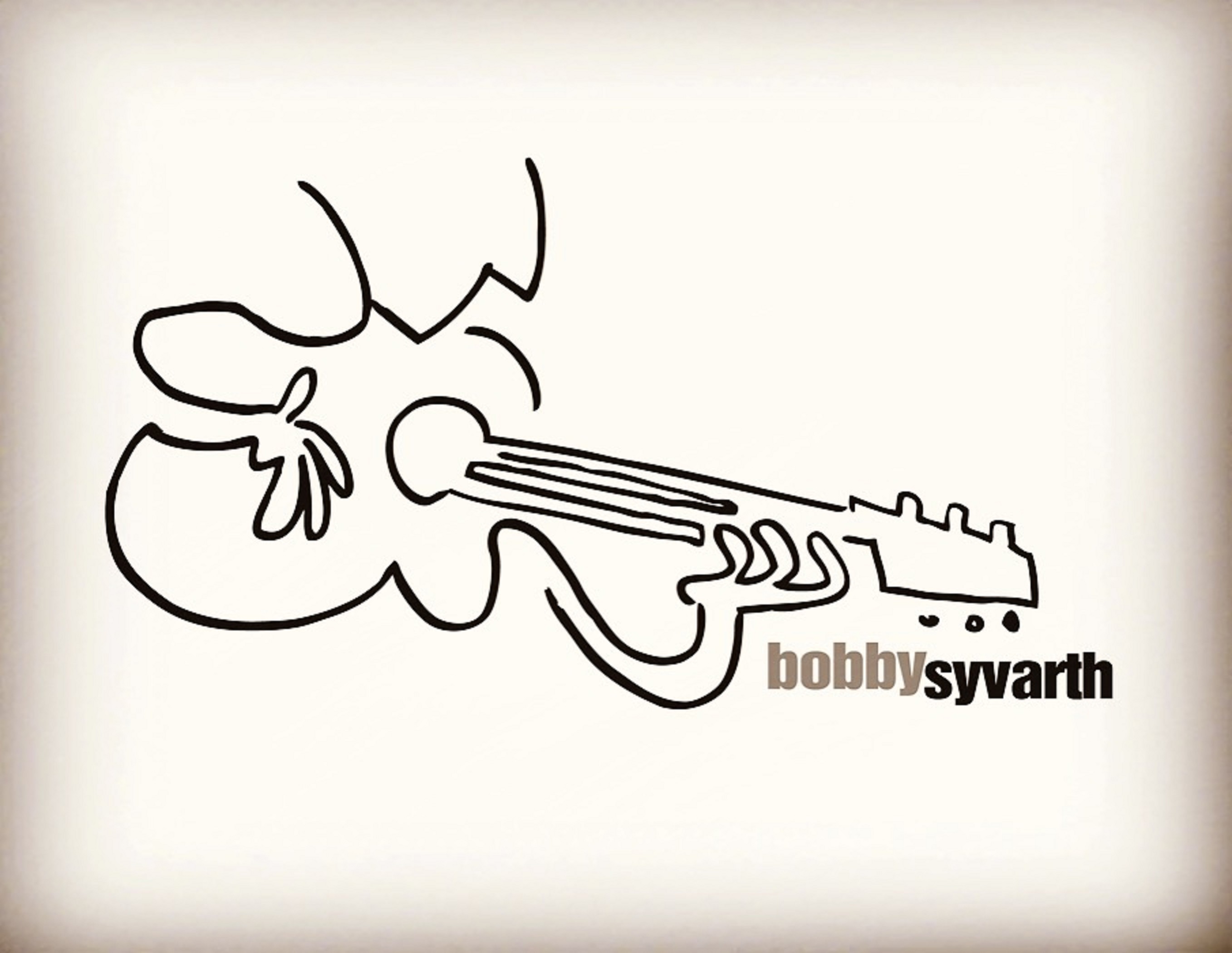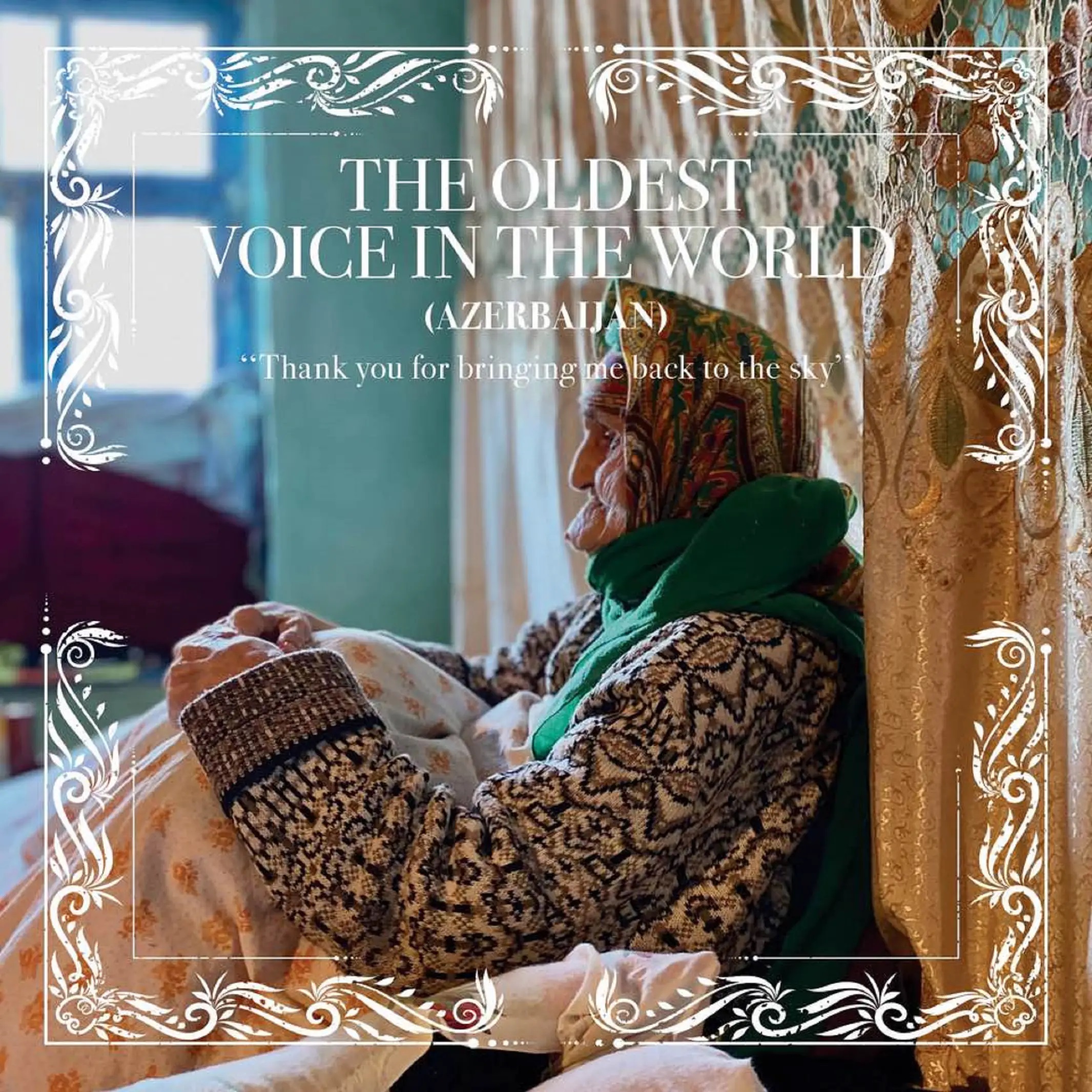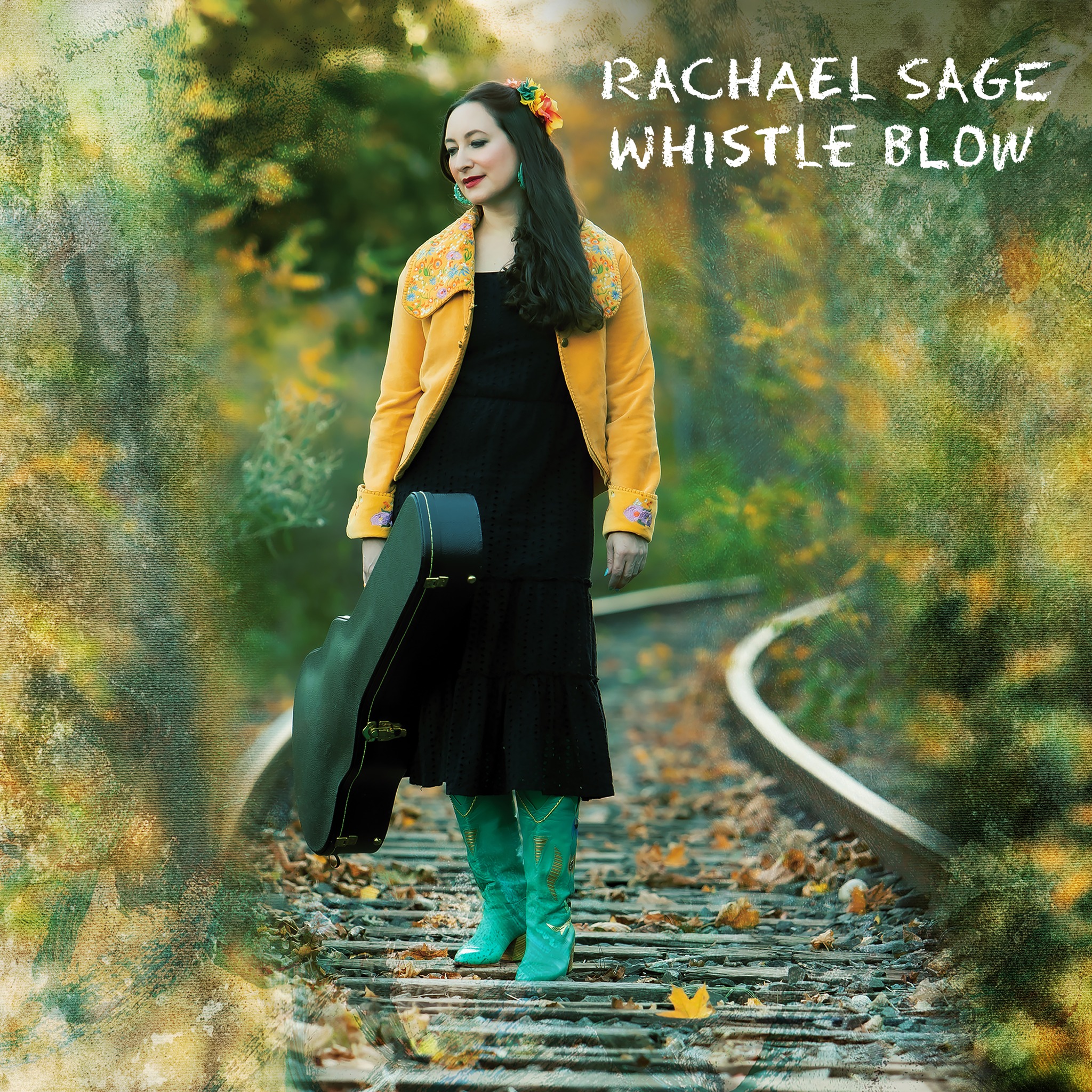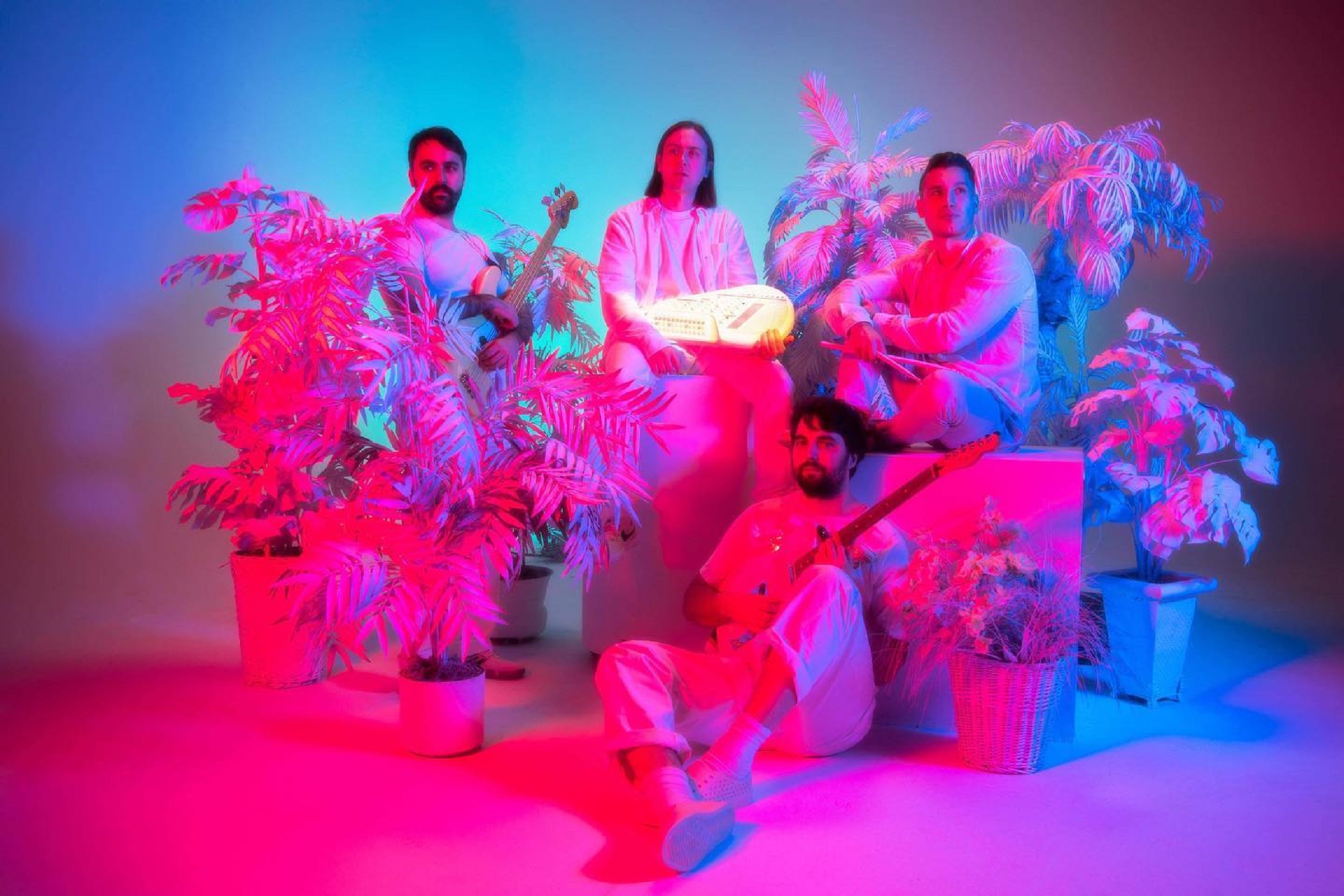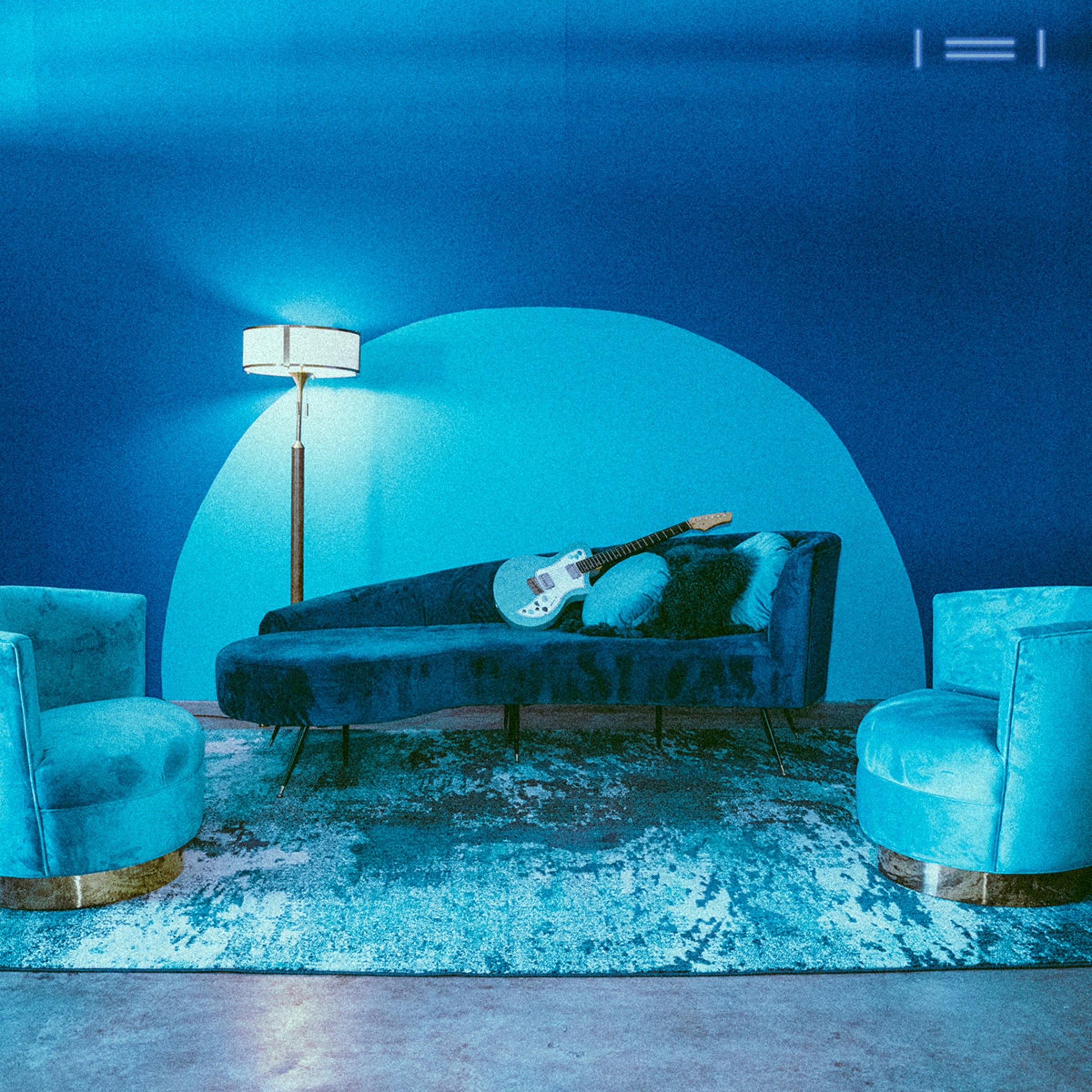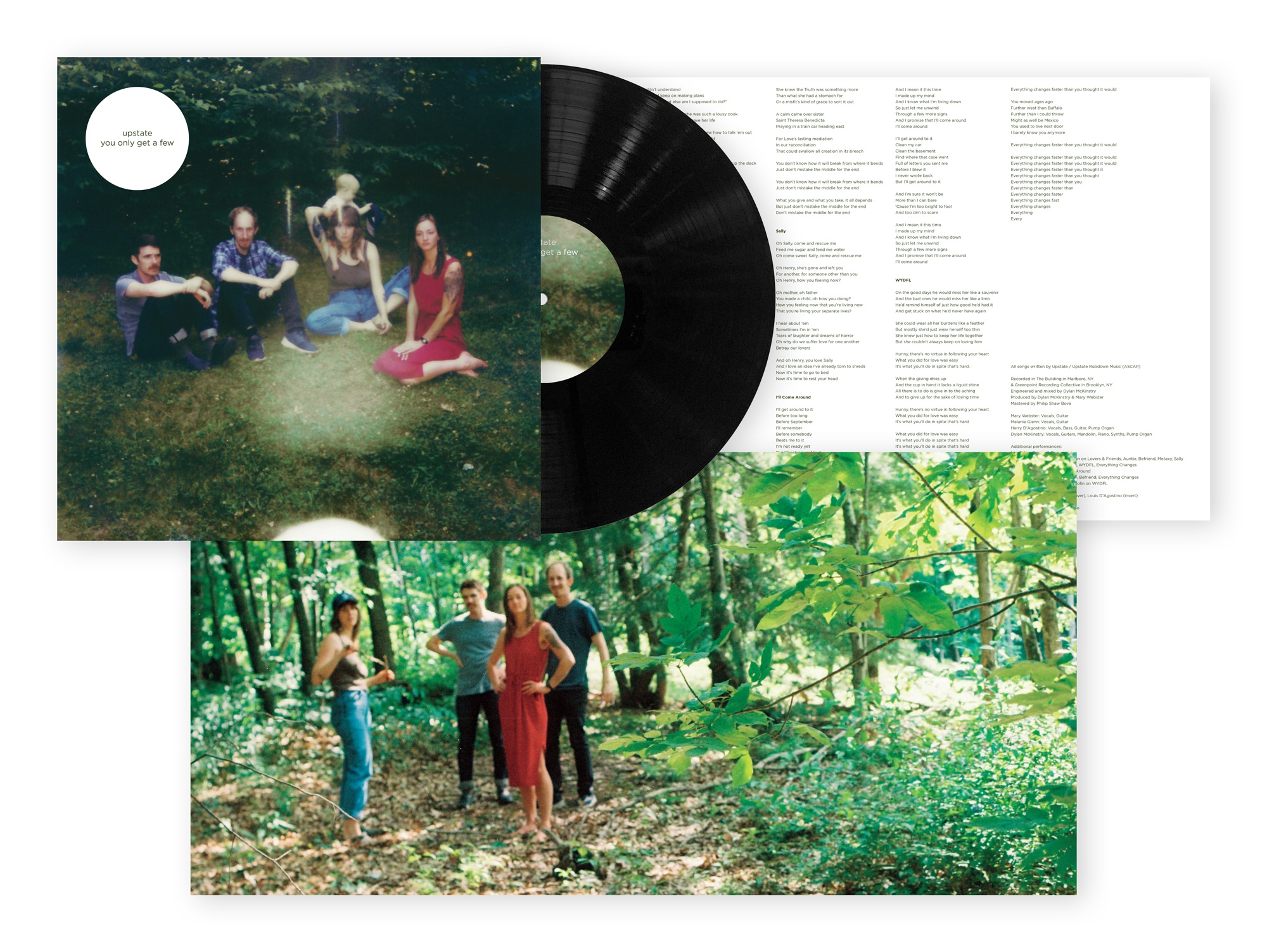Few musicians boast a résumé as eclectic and impressive as James Mastro’s. With a career spanning decades, Mastro has played alongside legends like Patti Smith, Ian Hunter, and Robert Plant, while also fronting his own projects, including the alt-country favorite The Health & Happiness Show and early pioneers The Bongos. Having mastered the delicate balance between collaboration and individuality, Mastro stepped into the spotlight with his debut solo album, Dawn of a New Error, which was released on MPress Records in February 2024.
Born into the throes of New York’s vibrant punk scene, Mastro was already performing at iconic venues like CBGB’s by age 16 and later joined Richard Lloyd’s band. He eventually moved to Hoboken, where he became an integral part of the emerging music scene centered around the legendary Maxwell’s rock club. Over the years, Mastro cultivated a reputation not just as a skilled guitarist but as a trusted sideman, collaborator, and producer. His work with Ian Hunter, in particular, spans more than 20 years, culminating in memorable moments on stage during Mott the Hoople’s reunion tour.
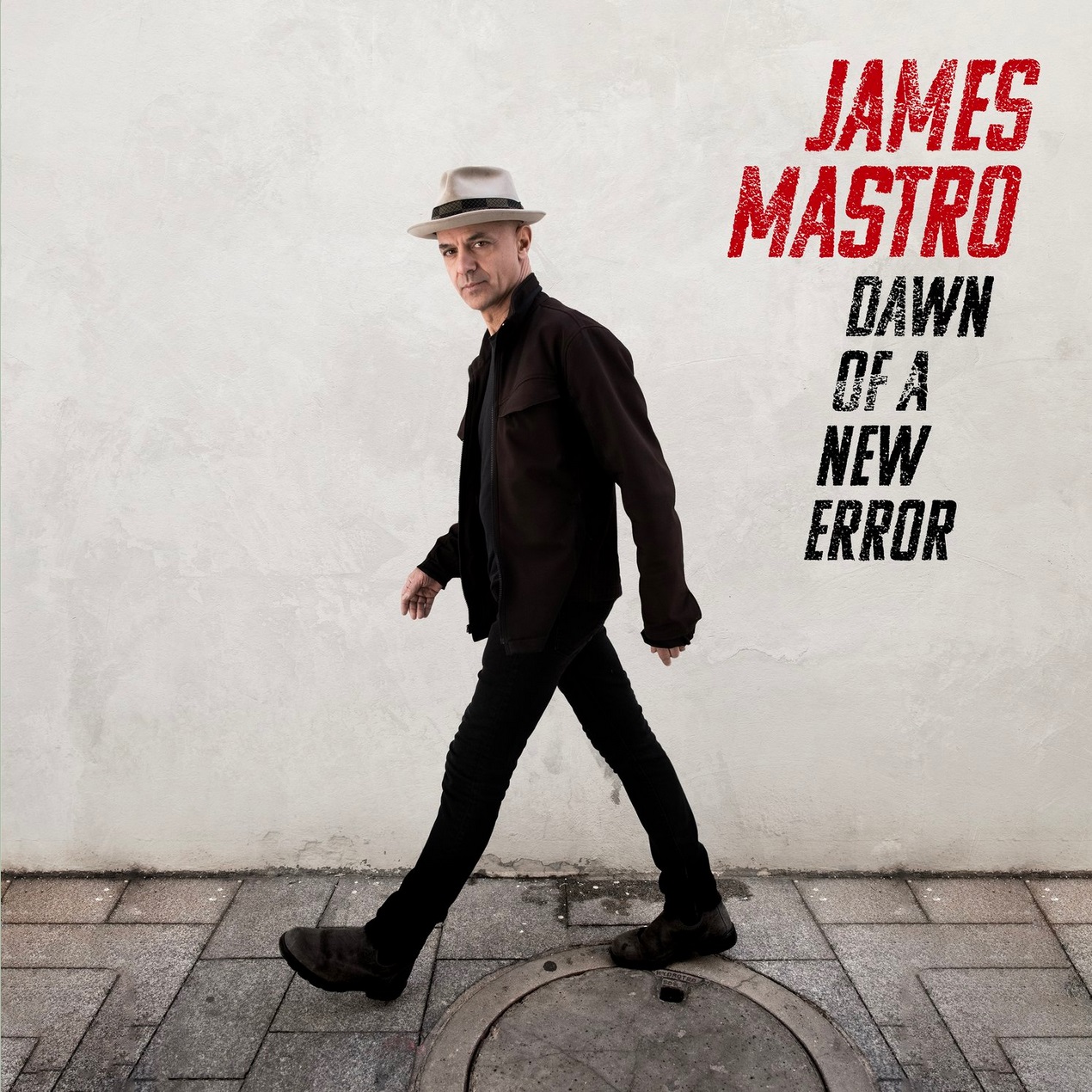
However, Dawn of a New Error signals a new chapter. The album, produced by Tony Shanahan (of Patti Smith’s band) and featuring collaborations with Ian Hunter and other notable musicians, reveals Mastro at his most introspective and daring. It merges elements of Americana and art-rock with thoughtful lyrics and infectious melodies, creating a sound that’s both nostalgic and fresh. Tracks like "Right Words, Wrong Song" and "The Face of the Sun" feature Hunter’s distinctive vocals, adding an extra layer of depth.
In this exclusive interview with Grateful Web, Mastro shares insights into his creative process, his evolution as a musician, and the stories behind the album's standout tracks. His reflections provide a glimpse into how his vast experiences—whether performing with Patti Smith or producing records for others—have shaped Dawn of a New Error.
GW: Your musical journey has taken you through various genres and collaborations with iconic artists. How has this diverse experience influenced your approach to songwriting and music production on Dawn of a New Error?
Having been lucky enough to work with the people that inspired me to play in the first place, I'd be dumb not to pay attention and learn something. Watching Ian Hunter work on a song lyric over its genesis is incredible; he'll have twenty verses for the four that end up on a record. All great, but he's bringing in the ones that get the story or emotion across the best. Patti Smith's poetry and freedom onstage is something that I always try to carry into the studio with me. John Cale's experimentation and holding nothing sacred I find a good balance between the other two.
GW: Dawn of a New Error showcases a blend of Americana-rock and art rock elements. How do you balance these influences while maintaining a cohesive sound throughout the album?
My tastes are a bit schizophrenic, as I love and listen to such a worldwide spectrum of music. I'm no connoisseur, but when something sticks in my head, it's usually because the essence of it rings true. And that's what I always carry away with me, and that's what I hope finds its way into my songs. Many things get thrown into the blender, but in the end, it's one drink.
GW: The album features a stellar lineup of guest musicians, including Ian Hunter on several tracks. Can you share any memorable moments from the recording sessions and collaborations with these artists?
I've been working with Ian Hunter for over twenty years, both recording and touring. When I asked him if he'd come to the studio and sing on "Right Words, Wrong Song," he couldn't really refuse. After he laid down an incredible part, he asked to listen to some more of the songs. He kept coming up with great ideas and kept singing. I couldn't get rid of him! Lucky for me!
Megan Reilly is one of my favorite singers of all time. Her voice can go from 0 to 60 in a second. While recording, when she hit the end phrase of "Three Words," everyone in the studio control room jumped up out of their seats and started applauding. It's a pure, heartfelt moment; that essence I mentioned I'm always trying to find. Her voice comes from a deep, lovely place.
GW: From playing at iconic venues like CBGB's to touring with legendary bands, you've had a rich history in the music industry. How have these experiences shaped your perspective as an artist and performer?
The early CBGB days and the Lower East Side were lawless—anything was game. As a 17-year-old in the middle of this, it could have ended badly, as it did for many of the folks around me at that time. Fortunately, I was a bit shy, so I wasn't going to be the raging partier. When I was, something always happened that scared me—well, I won't say straight—but at least in the right direction. There is a way to balance danger and excitement with being responsible enough to show up on time and know your parts, which is really what it's all about most of the time. I learned equally from the fuck-ups as I did from the serious players.
GW: “My God" is described as a song of belief in oneself and others, influenced by your time as a utility player with Patti Smith. How does personal experience inform your songwriting process, particularly on tracks with introspective themes?
It's really a hard thing to explain, and a hard thing to put a finger on. While writing, I can't say I'm really digging into personal experiences. It's just there, subliminally. You're kinda hypnotizing yourself and you wake up when the song is done. After the fact is usually when I start seeing the personal for me.
"My God" was such a different song for me to write. I'd never written anything before that I doubted myself on so much. I didn't know if it was too preachy, too simple, too corny. I sent a rough draft to Patti with my concerns. But she gave me the encouragement I needed to finish it.
GW: Your collaboration with producer Tony Shanahan has spanned years, starting from your time together in The Health & Happiness Show. How has this long-standing partnership evolved, and what does it bring to the creative process?
When H&H Show's original bassist, Graham Maby, had to go back on tour with Joe Jackson, he recommended his neighbor Tony Shanahan. Tony fit in right away—a good Irish boy who liked Guinness as much as the rest of the band. And we knew a lot of the same people and had a lot of the same albums in our collection. At first, it was much more of a push-and-pull relationship, both of us learning how the other one works. But after 30 years of recording and touring together, you smooth out the edges. It was very easy for me to hand over the production reins to Tony on this album. I knew he always had my best interests—and more importantly, the songs—in his sight.
GW: The album incorporates a variety of instruments, showcasing your versatility as a multi-instrumentalist. How do you decide which instruments to include in a song, and how do they contribute to the overall sonic landscape?
There's an entire music store full of instruments and a record store in my head! All those records I bought that my parents tried to put a limit to were really my education. Reading album credits, you come across things that you'd never heard about. What's a dulcimer? A mouth organ? ARP String Ensemble? I started collecting instruments and sounds at an early age. For example, being able to recall a guitar sound Phil Manzanera had on a Roxy Music song has served me well over the years. So it's become instinctual to kinda know what sound or instrument will work for a song or part. And if for some reason I struggle with the right instrument or sound, then I do the exact opposite of what my instinct tells me to do.
GW: Your involvement with Ian Hunter's projects, including the Mott the Hoople reunion tour, highlights your adaptability as a musician. What challenges did you face during these experiences, and how did you overcome them?
Hah! I bluffed my way into first playing with Ian Hunter when they needed a mandolin player for his comeback show in 2000. I volunteered my services, and was hired by my friend and Ian's bandleader Andy York. The only problem was I didn't own a mandolin, let alone ever play one before. I borrowed a mandolin the night before the Ian rehearsal, stayed up all night learning the songs needed, and somehow passed the test, and ended up working with Ian to this day.
Later on, with the Mott reunion, I painted myself into a corner when I told Ian I would play saxophone. Mott was the reason I started playing guitar in the first place, and those records informed so much of what I do now. Saxophone was very prominent on their later albums, and for the reunion tour there were going to be four guitarists but no saxophone. That seemed daft to me! So I bought a tenor sax, and immersed myself in listening and learning the parts. Walking into the first rehearsal was brutal; I felt like a 10-year-old kid at his first recital, knowing the audience—my bandmates—were ready to tear me apart. But somehow I made it through, and it's been a blast annoying the neighbors ever since.
And how do you overcome all this? Desire. I wanted to play with the man who'd written songs that meant so much to me. I've learned the only thing to fear is regret.
GW: As both a guitarist and a producer, how do you find a balance between showcasing your instrumental prowess and serving the song's narrative and emotional arc?
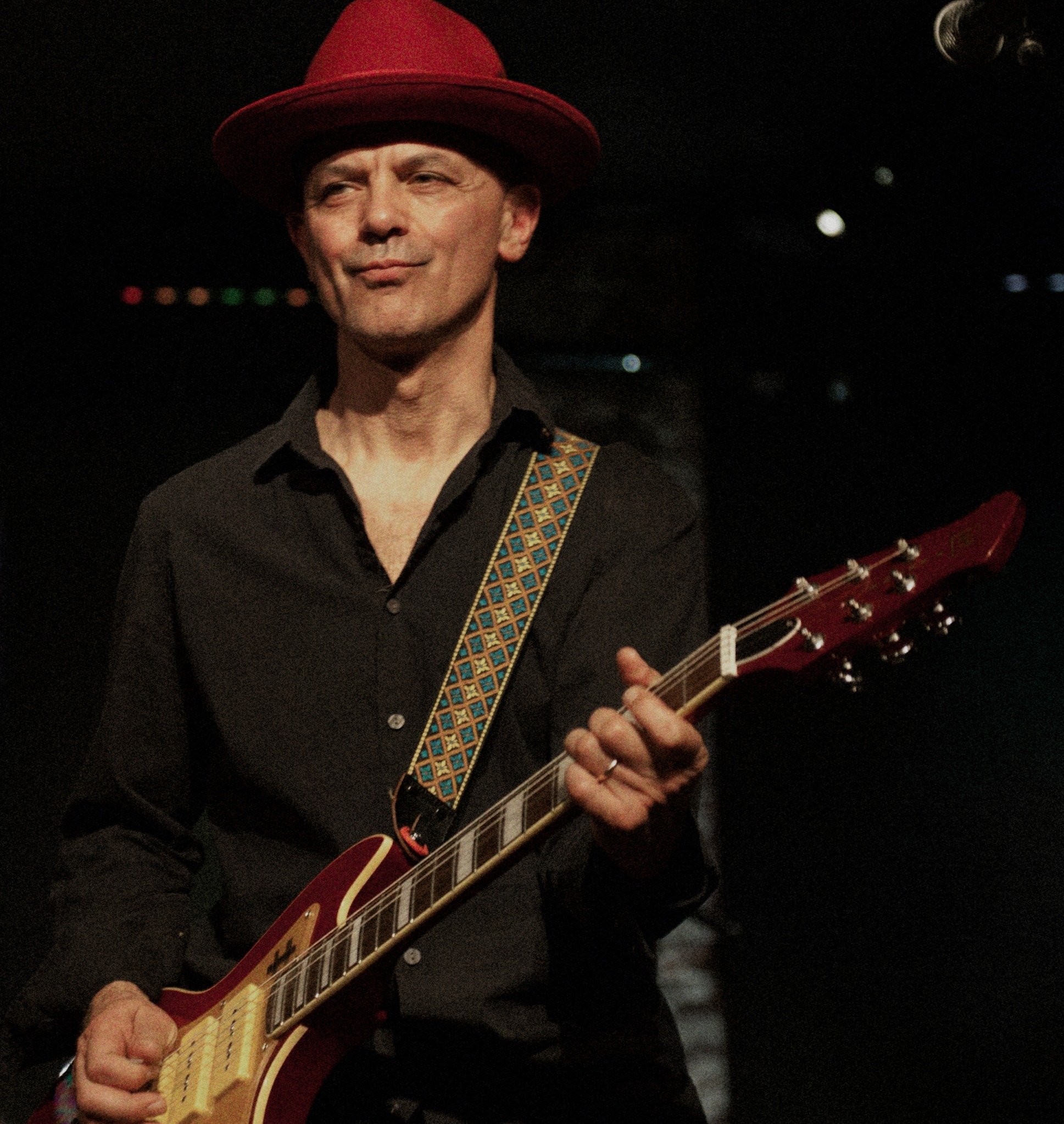
To me, it's always been about the song, not the chops. What serves the song best? What guitar part reinforces what the singer is singing or lyrically conveying? I always felt everything you play should be memorable and yet reinforce the message being conveyed. I can tell when a player is just waiting for his solo and not paying attention to the rest of the song. That's a disservice to the people you're working with.
GW: As a songwriter, you've demonstrated a knack for crafting intelligent lyrics and timeless hooks. Can you walk us through your creative process when writing a new song? Do you have any rituals or methods that help inspire your creativity?
Rituals? Coffee and walking my dog help a lot. I wish I had a more structured way to write, but I can't force it. I keep a notebook of lines I like that I either read or overhear, or dream about. And more often than not, without thinking, pick up a guitar and something pops out. Then I introduce the lyrics to the new chords, and hope they hit it off and end up going to the dance.
GW: “Everywhere" and "Someday Someone Will Turn Your Head Around" evoke vivid imagery and emotions through your lyrics. How do you approach storytelling within your songs, and what themes or narratives do you find yourself drawn to?
In grade school, my favorite project when assigned was making dioramas in shoeboxes. We'd create these small little scenes—based on history, or science, etc. That's how I approach songwriting. You put it in a three-minute box to get a story or feeling across. Boil it down to the essence. Hank Williams was the king of that, and Lucinda Williams is the reigning queen.
As far as this album, the theme that seems to be the common thread is one of hope and moving on. It wasn't planned that way. I think it just made me feel better about the world at large as I was writing them. I'm not alone, you're not alone. Or, I'm alone, you're alone, let's be alone together. There's hope either way.
GW: Collaboration seems to be a recurring theme in your career, from working with fellow musicians to producing albums for other artists. How does collaboration enhance your creative process, and what do you enjoy most about working with other creatives?
Every person I work with is a book, with their own story. So being in the same room with someone is going to make me react and think differently. You are now seeing or hearing something that you wouldn't have thought of on your own. You keep your antennae up. Even if you don't agree with something, it can lead you and others to a place you hadn't thought you'd go. And that's the excitement you always want to be open to and ready for.
GW: With your extensive experience as a touring musician and performer, how do you balance the energy of live performance with the meticulous craft of studio recording? Are there any particular aspects of each that you find especially rewarding or challenging?
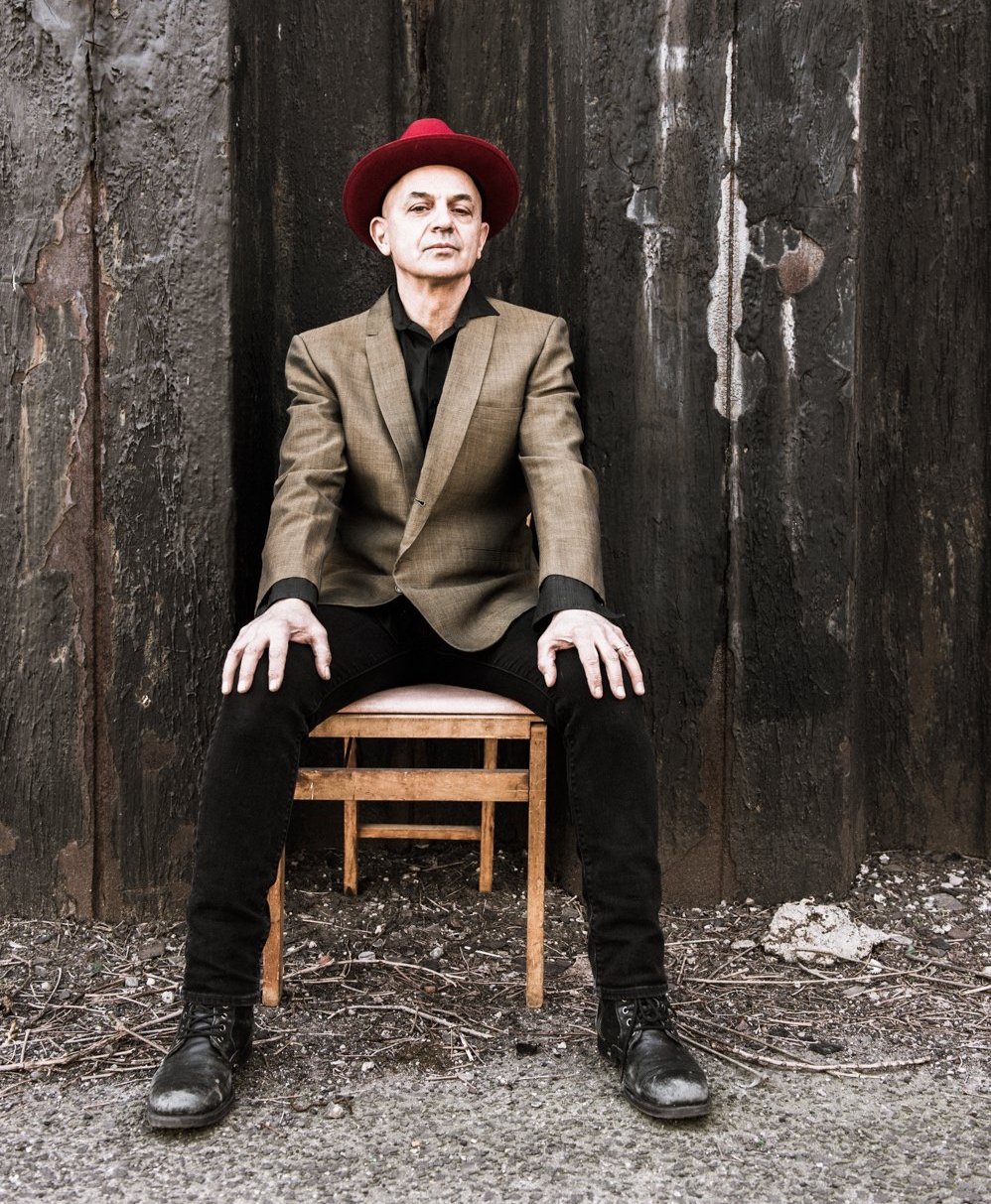
That is a tough balance to try and keep. The goal is to always try and bring the live performance feel into the studio; the spontaneity, the intensity. The studio is seductive because it can be very easy to add overdubs, a little part here, a little part there. I've certainly been guilty over the years of overdoing it in the studio. But I'll say it again, it ultimately boils down to what serves the song best, and what makes it believable. Less can certainly be more, in the case of Howlin' Wolf or Hank Williams. But more is more—the Beatles, Flaming Lips—can be very satisfying.
GW: “Dawn of a New Error" marks your debut on MPress Records. Can you tell us about your decision to partner with this label and how their support has influenced the album's creative direction and release process?
MPress Records is such a unique label. Its staff is all women, guided by the talented musician Rachael Sage. So not only do they think the way an artist does, but there's a true caring and nurturing there that I haven't seen from any other label I've been on. Men have run the world long enough, and we see where that's gotten us. MPress is a sign to me of how good things can be.
GW: Your career has spanned decades, with successes in various musical projects and collaborations. How do you stay motivated and inspired as an artist, and what advice would you give to aspiring musicians looking to carve out their own path in the industry?
Well, with every success there's probably twenty failures. If all you think about is music, and making yourself better with every show or every song, then I think you're already a success. I don't know if carving out a path in the industry should be your initial goal. Carving out a piece of yourself and putting it on a platter to share with others is a good first aspiration. What keeps me motivated and inspired is always trying to learn from what I just did or saw. If you're doing it for the right reasons, don't worry about the industry. Work hard and the industry will come to you.
GW: Looking ahead, what creative endeavors or projects are you most excited about pursuing in the future, and how do you envision your artistic journey evolving from here?
I haven't been center stage for a while, so this year will force me to think more seriously about my singing and writing. Spending a good part of 2024 opening for and then playing in my friend Alejandro Escovedo's band is a perfect balance for me: Let my ego do what it has to do, and then be humbled by someone else's talent. You're as good as the last song you sang. I always try to remember that.





